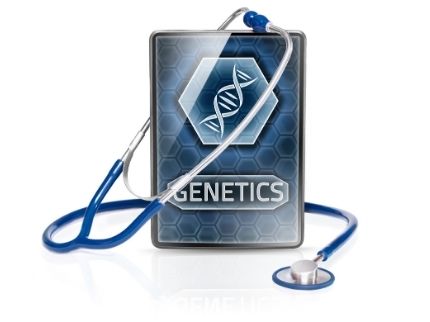Physical Address
304 North Cardinal St.
Dorchester Center, MA 02124

While in 2006 and 2007 there was a big push to create genetic passports for, plants, animals, microorganisms and even people this seems to be a dream of the past. What happened to genetic passports? Why was there so much interest in them? How were they going to be used?
In 2007 a group of experts from over 25 countries supported a Peruvian proposal to create ‘passports’ for genetic resources to help track their use outside the country of origin. This was in response to the Convention on Biological Diversity (CBD), which says each on the 150 countries that signed has sovereignty over genetic resources originating within their boarders.
The idea to create genetic passports was suggested by the Technical Expert Group of the Convention on Biological Diversity in Lima, Peru and, would allow countries to control the use of such resources outside of their borders, by providing specific information such as the material’s origin, its characteristics and the institutions responsible for providing it and using it.
While it seems that the proposal was widely praised. It does not look like it was ever adapted buy the Convention on Biological Diversity. In fact in a paper titled “Genetic Diversity and Conservation and Utilization of Plant Genetic Resources” the authors state that:
Accurate passport and characterization data are the first requirements, but users of plant genetic resources, particularly plant breeders, have also emphasised the need for improved evaluation of accessions. Evaluation is a complex process and there is serious backlog in most collections.
So it seems that while genetic passports for resources is a good idea the implementation is lacking but what about creating genetic passports for people?
In 2006 the Russian Academy of Sciences together with Moscow State University is developing a programme for studying molecular and genetic aspects of human individual nature with multiple goals one of them being providing the Russian population with genetic passports, thus creating the basis for unique person’s identification. These genetic passport were suppose to help; assess and reduce risks of cardiovascular disease and cancer, prevent neurodegenerative diseases, analyze neurophysiological characteristics of an individual at the molecular level, identify newborns who are susceptible to allergens, medications and other “agents,” examine genetic variants of the central nervous system to “reveal future abilities,” promote personalized medicine, collect genetic biometric data on the Russian population, unambiguously identify anyone.
Canada also debated issuing genetic passports but in their case they were interested in crime prevention. The goal of theis to provided information that will eliminate identity fraud. The genetic information would be stored in a chip in your passport and would be read by a scanner. This led to concerns about security and privacy of the information. What appears to have happened is while this is also a nice idea it never developed fully and was never implemented.
It seems genetic passports are a dream of science that have never made it past the theory stage, either from lack of funding or no real way to implement the process. The reality seems to be that genetic passports have become a thing of the movies (Code 46 or Gattaca are good examples).
Would you get a genetic passport either for health care or travel? Would it matter how that information was stored and who had access to it?